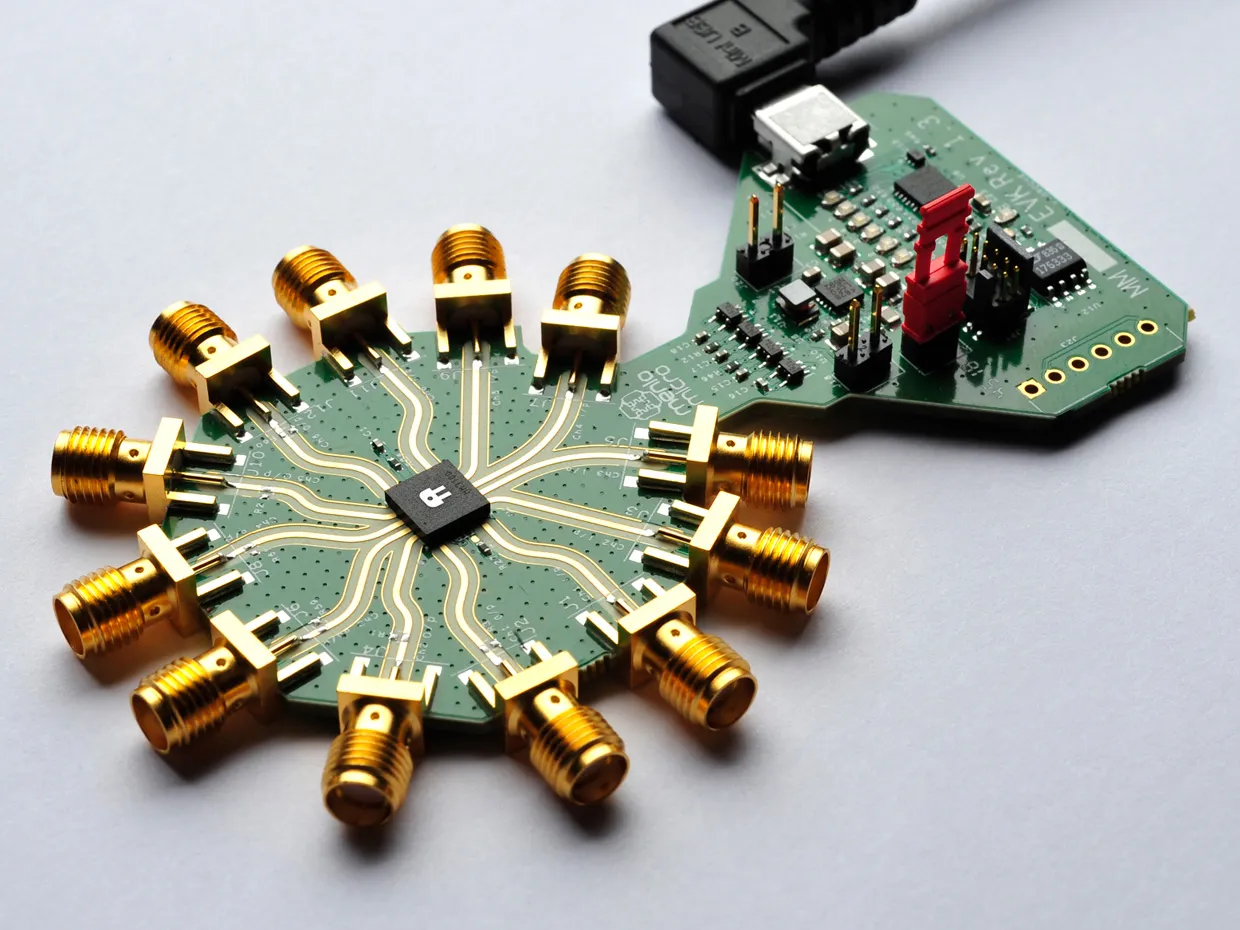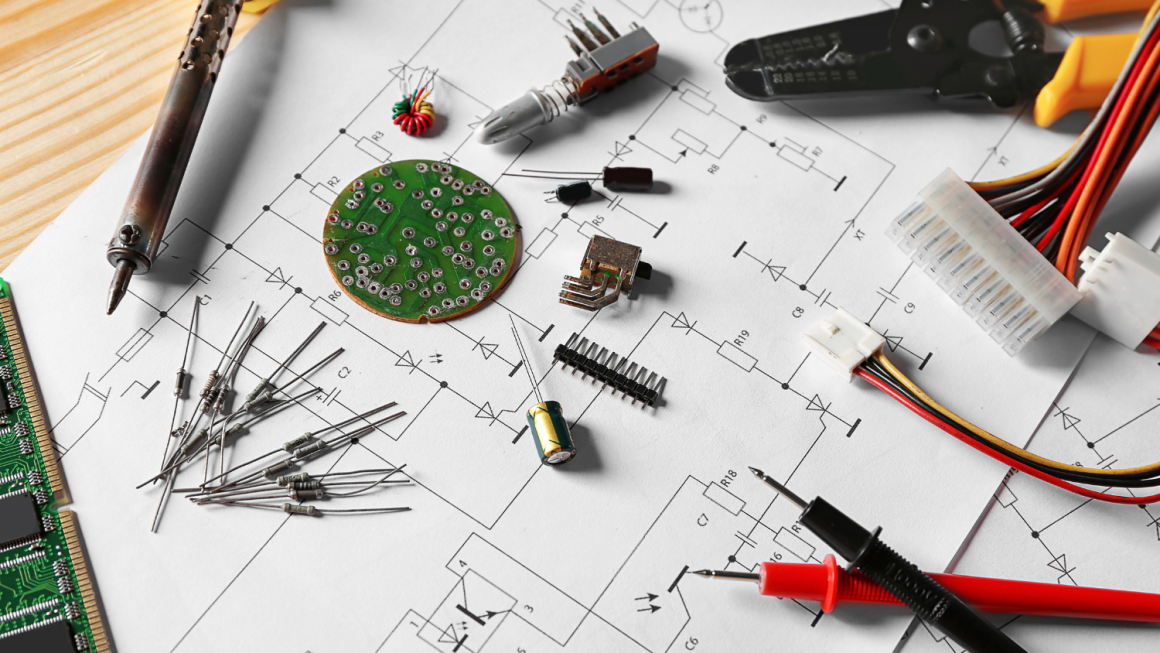Micro Electro Mechanical Systems (MEMS) technology is a common platform technology that is applied to various fields such as pressure, temperature, vibration, environment, and living body by manufacturing ultra-fine sensors and actuators using semiconductor technology. This is a system in which sensors, actuators, and microstructures that detect object data are formed on the LSI chip, and has important complex functions such as sensor data input/output or communication. As a field that creates high added value, this technology is being applied to various industrial fields such as smart manufacturing production process monitoring, product production history management, pressure, temperature, vibration, environment, bio (medical), and energy regeneration.
FS PCBA was established in 2004 and is located in Shenzhen, GuangDong. As an Electronics manufacturing services contract manufacturer, FS Tech specializes in PCB fabrication, pcb component procurement, PCB Assembly, testing and quality control as well as finished products assembly services.
MEMS Growing In Need In Various Fields
Microelectromechanical system (MEMS) technology is a core technology that enables the diversity and miniaturization of system on chip and high-performance communication chips, and is a platform technology that maximizes added value. The core sensor elements required for IoT-based smart home, smart factory innovative production system, and factory safety vision system are composed of microelectromechanical systems and utilized. In addition, it can be applied and used in many fields, one of which is the effective performance improvement of energy devices through structural molding.
In Korea, interest is increasing as a core technology for manufacturing electronic components such as Samsung and Hyundai. Through cooperation with domestic automobile manufacturers and electronics manufacturers, IC-based electronic components become the core technology for future automobiles such as autonomous vehicles and electric vehicles, so micro-electromechanical system technology is also important for small and medium-sized automobile parts manufacturers in Korea. is being recognized
In the case of small and medium-sized manufacturing companies, support for IoT-based summarization of manufacturing sites is required. In particular, manufacturing site networking and production management automation are required to control manufacturing process variables for the spread of smart factories. do. For this reason, its importance is emerging in the manufacturing process site. Currently, optical sensors, contact sensors, and IoT sensors that store manufacturing process data in smart factory manufacturing sites are being manufactured as semiconductor-based microelectromechanical system technology.
In the automotive field, micro actuators and electromechanical products, including various MEMS sensor parts, are being used, and overseas companies are manufacturing combo type sensors with microelectromechanical system technology. In the automotive MEMS market, the development and market demand for new MEMS technologies for realizing smart vehicles such as autonomous vehicles, connected cars, and driverless vehicles is expected to continue to increase.
Bosch utilizes MEMS technology for complex sensors that are applied with various functions using MEMS combo sensors. Temperature/pressure combo sensor (BMP280), temperature/pressure/humidity combo sensor (BME280), temperature/pressure/humidity/ It is expected that the gas combo sensor (BME680) will be applied to wearables and smartphones.
Domestic automakers are promoting joint development to secure key electronic components in cooperation with domestic semiconductor companies.
Based on a standardized communication and signal processing platform for microelectromechanical system (MEMS) devices grafted with IoT technology, monitoring systems are being built in disaster, safety, alarm, medical, and environmental fields. Government ministries and local governments, including the Ministry of Environment, are implementing broadband air quality monitoring (fine dust, ozone, NOx, etc.) by establishing real-time monitoring systems based on microelectronic system sensors.
According to Fortune Business Insights™, The global refrigerator Market Size was valued at USD 64.17 billion in 2018 and is projected to reach USD 103.95 billion by 2026, exhibiting a CAGR of 6.3% during the forecast period.
In some industries and firefighting fields, an alarm system using a microelectronic system sensor has been built and operated to identify individual workers’ safety and location. In the medical field, in conjunction with hospitals and local governments, a microelectronic system biosensor-based personal health management system for the socially vulnerable, such as the elderly living alone, is being piloted.



